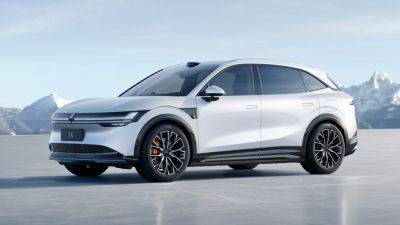Tesla Cybertruck is in a category of its own for better or worse
DETROIT – Spaceship. Dream car. UFO. Dumpster. Cool. Stupid. Phenomenal. Abomination.
Those were all words used to describe the Tesla Cybertruck during a 24-hour rental of the vehicle in metropolitan Detroit. They were expressed by strangers, friends, family, and auto industry experts and employees.
A word not used much? "Truck."
That's because the Tesla Cybertruck is far more "cyber" than "truck." It indeed has some truck capabilities, such as a pickup bed and other utilitarian features, but it is not a truck in any traditional sense of the word.
It is a unique product that only comes along every so often. Similar to the first SUV, minivan or "roadster pickups" such as the Ford Ranchero and Chevrolet El Camino, it has created a new segment in the automotive industry that it solely holds.
That's good and bad for both Tesla and its competitors, specifically the truck-reliant automakers from Detroit that have spent decades refining their trucks to meet the needs of their customers. That includes things such as bed access and door handle sizes to seating height and interior components.
The Cybertruck is not a direct competitor for electric trucks from traditional automakers. The Cybertruck is a "truck" for Tesla fans/owners and an experiment for the company in many ways regarding its technologies, including a new electrical architecture and steering system.
The top vehicles that are cross-shopped for the Cybertruck are Tesla's other four models, followed by the Ford F-150 Lightning in a distant fifth at 7.4% of potential buyers, according to Edmunds.com.
I drove a roughly $100,000 all-wheel-drive version of the Cybertruck in regular driving conditions and traffic in Detroit and its surrounding suburbs, including a short







